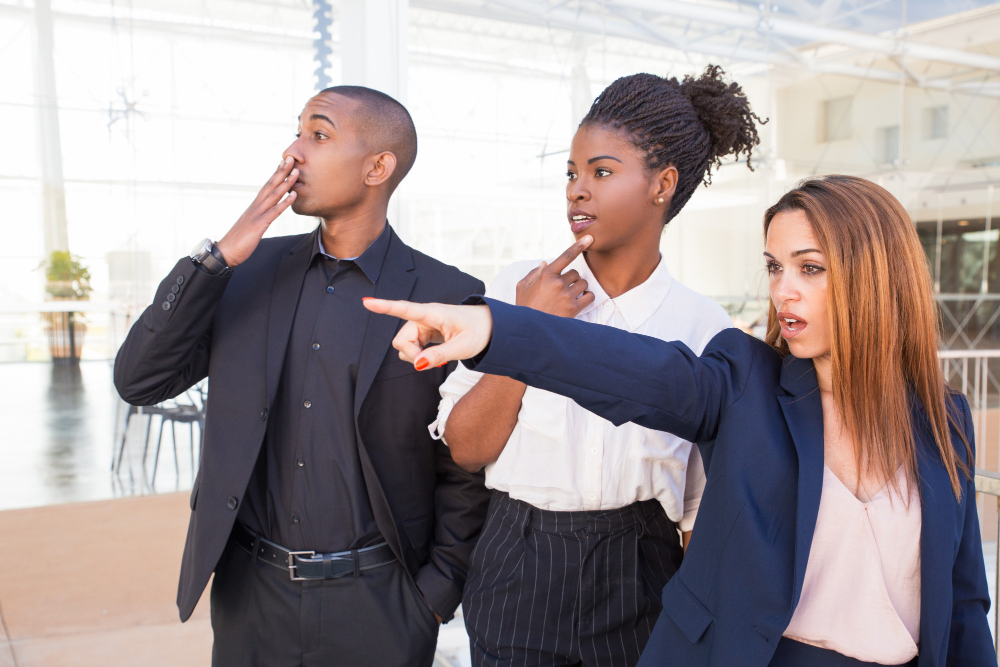Fact Check (May 19, 2025): Are Claims Circulating on US Social Media Today That a Well-Known Celebrity Was Involved in a Serious Incident?
Yes, claims are actively circulating on U.S. social media today alleging that a well-known celebrity was involved in a serious incident—but there is no verified evidence supporting these allegations as of now. The rumors gained rapid traction early this morning, spurred by cryptic posts, out-of-context photos, and unverified “insider” accounts. However, official sources, including the celebrity’s representatives and law enforcement, have either denied or declined to confirm the claims.
What Sparked the Rumor?
The situation began unfolding in the early hours of May 19, when several anonymous X (formerly Twitter) accounts began sharing vague messages suggesting a “major event” involving a high-profile Hollywood actor. These posts quickly morphed into viral threads, with some users asserting the celebrity had been involved in either:
- A serious car accident.
- An on-set medical emergency.
- Or a domestic dispute requiring police intervention.
The celebrity’s name trended nationally within two hours, despite there being no credible reports from mainstream news outlets or official statements confirming any of the scenarios described.
What Is Actually Known Right Now?
So far, only a few verifiable facts have emerged:
- The celebrity in question was scheduled to appear at a private industry event last night but did not attend. Their absence was noted but not initially explained.
- Paparazzi were photographed outside the celebrity’s Los Angeles residence this morning, but no emergency services were seen on the scene.
- A representative for the celebrity issued a brief statement this afternoon saying: “We are aware of the speculation online and can confirm there is no cause for public concern at this time.”
This statement has done little to stop the viral spread of increasingly elaborate and, in many cases, entirely fabricated narratives.
Why These Claims Went Viral So Quickly?
In the digital age, misinformation about celebrities spreads faster than most other content types. The current case followed a familiar formula:
1. Vague Posts from “Anonymous Sources”
Initial tweets lacked specificity but implied dramatic developments. Phrases like “can’t say more, but something big happened…” fuel speculation without evidence.
2. Edited or Old Photos Resurfaced.
A blurry photo allegedly showing the celebrity in distress began circulating—but was later revealed to be from a 2022 unrelated incident. This kind of misattribution of imagery is a common misinformation tactic.
3. Algorithm Amplification.
Because the posts garnered massive engagement within a short time—likes, shares, retweets—they were boosted by platform algorithms before any fact-checking could intervene.
What the Media and Public Often Miss
Much of the coverage focuses on the content of the rumors—but few discuss why celebrity misinformation spreads so effectively:
1. Parasocial Obsession.
Fans feel deeply connected to celebrities, creating fertile ground for emotional reactions—whether worry, outrage, or curiosity. This emotional currency fuels virality.
2. A Culture of “First, Not Right”
Social media thrives on immediacy. Being the first to post breaking news—even if it’s false—can bring clout, attention, and followers. This incentivizes unverified content over factual accuracy.
3. Digital Misinformation Ecosystems.
Fan pages, gossip blogs, and content farms often repackage rumors as “news,” giving false narratives a second life outside the original platform. Once off-platform, the content is harder to debunk.
4. Lack of Institutional Speed.
Traditional media and official sources are slower to respond. By the time a representative releases a denial, millions have already seen and internalized the rumor.
What Should You Believe?
At this stage, there is no confirmed report of the celebrity being involved in any serious or harmful incident. The story remains a fluid situation, but credible news organizations, legal representatives, and emergency services have not validated any of the core claims.
The best course of action for readers is to:
- Avoid sharing unverified posts or images.
- Wait for reputable outlets to publish sourced stories.
- Recognize that silence from publicists is not confirmation of guilt or crisis—it is often a form of responsible caution.
Consequences of Celebrity Misinformation.
False rumors about celebrities may seem harmless, but they can carry serious repercussions:
- Emotional distress to the individual and their family.
- Public misjudgment that can damage careers, contracts, and reputations.
- Media misallocation, where outlets chase clickbait stories instead of covering verified news.
- Legal consequences for those who defame or dox public figures online.
In past years, several celebrities have been prematurely declared dead or “missing” based on similar viral hoaxes. These episodes underline the need for media literacy in entertainment culture.
Conclusion: Rumors Are Spreading, But No Facts Confirmed.
To answer the central question: Yes, claims are spreading on U.S. social media today alleging that a well-known celebrity was involved in a serious incident—but they remain unverified and likely exaggerated.
Until official information is released—or credible, confirmed reporting surfaces—the public is encouraged to view such claims with caution and resist the temptation to amplify speculation.
In the age of digital virality, the truth still matters—and it usually takes longer to arrive than a trending hashtag.
Reported by: Andrea L. Bishop.
U.S. Entertainment and Media Correspondent.
Fact After Fact Magazine.
I am an accomplished author and journalist at Fact Finders Company . With a passion for research and a talent for writing, I have contributed to numerous non-fiction titles that explore a wide range of topics, from current events, politics and history to science and technology. My work has been widely praised for its accuracy, clarity, and engaging style. Nice Reading here at Fact After Fact.








